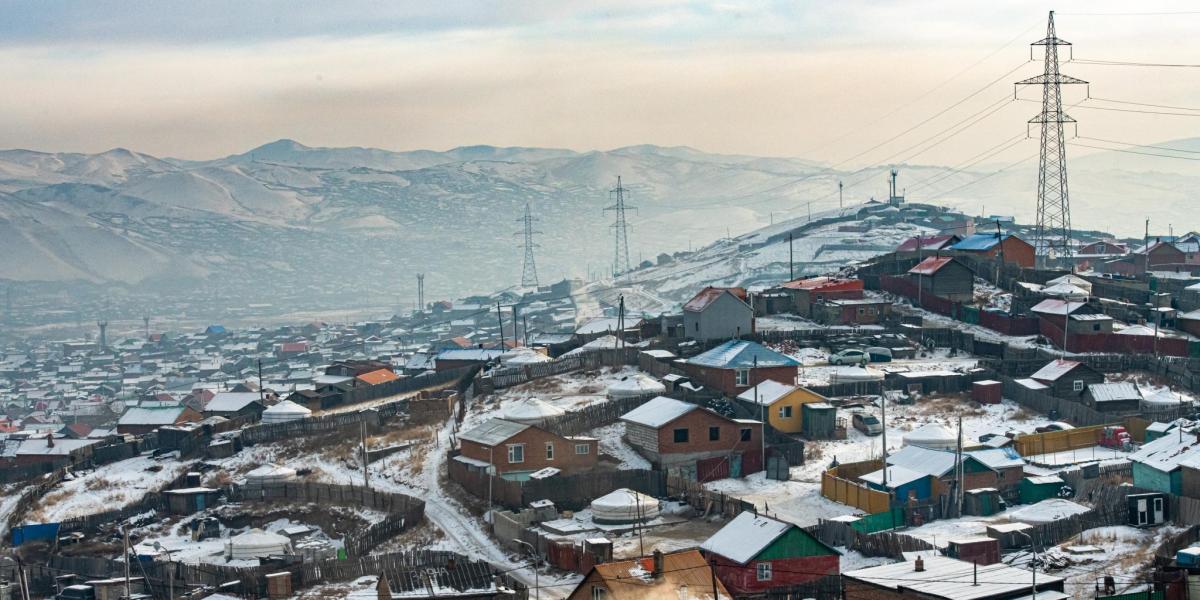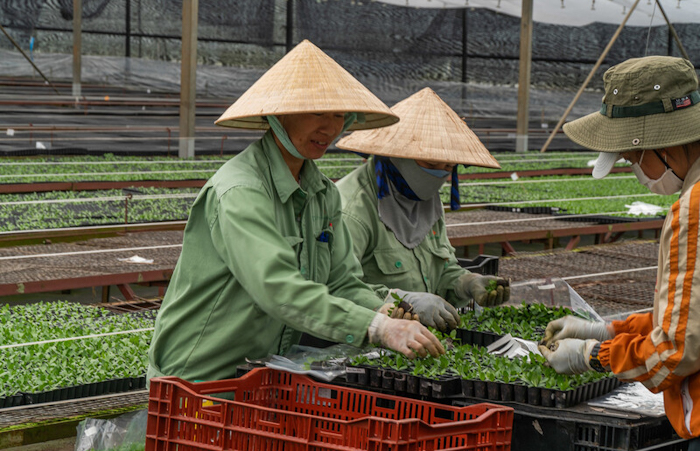
Dialogue Towards a GMS-wide Policy Platform for Climate Change Adaptation and Disaster Risk Management
The rich natural environment of the Greater Mekong Subregion (GMS) has led to significant development to the economy and livelihoods, but the GMS countries, especially the Lower Mekong countries, are highly vulnerable to climate change and disasters.










